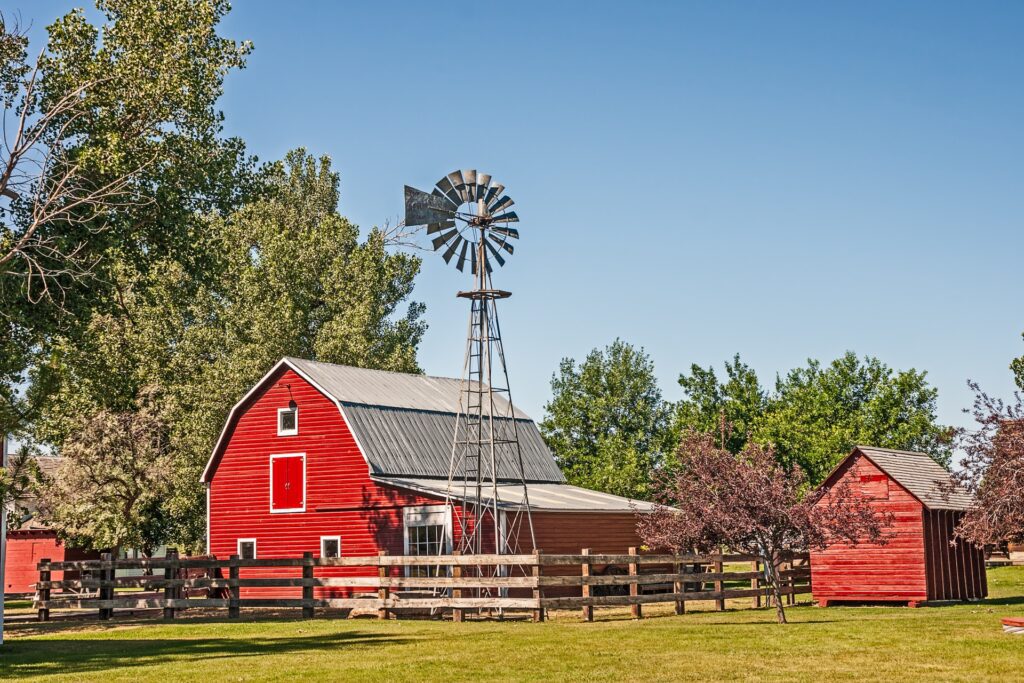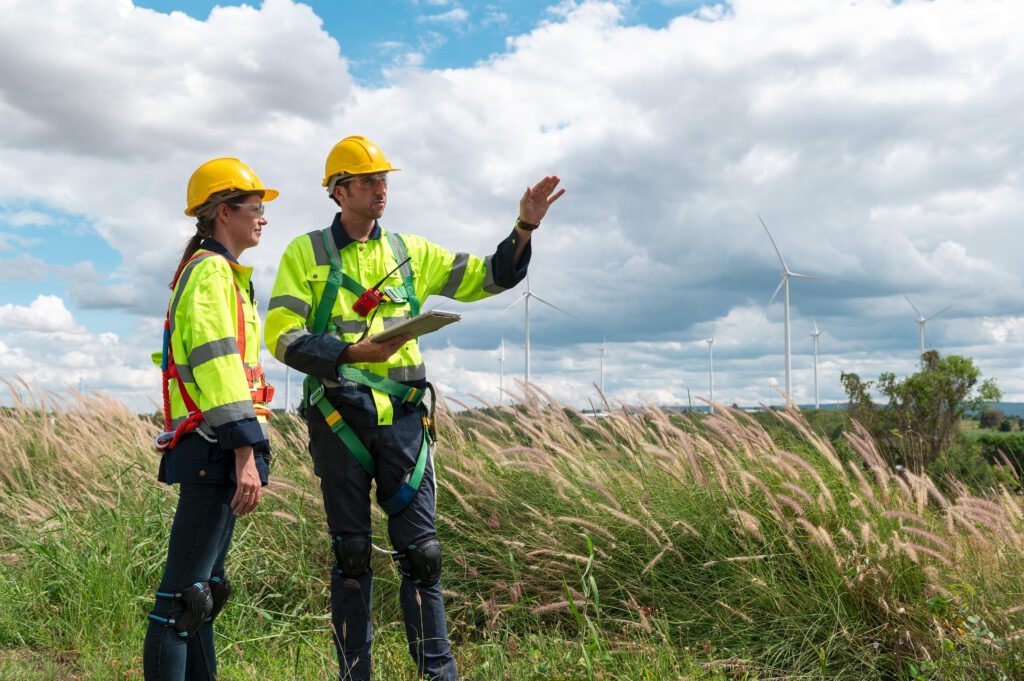Whether you’re trying to buy land to start your own farm, or are just curious how much your existing farm is worth, you may be curious about how the appraisal process differs (if at all) from commercial appraisals. We detail what the farm real estate process is and the main noteworthy differences it has compared to commercial appraisals.
Reasons Why You May Need a Farm Real Estate Appraisal
As we just mentioned, farmland real estate appraisals are helpful when you’re buying or selling land, but they’re also useful in other situations as well. For instance, if you’re interested in making any kind of upgrades, or renovations to the property it can also be helpful to know exactly how much it improves the value of the farm.
Other situations where a farm real estate appraisal are helpful (or required) include:
- By requirement for taxation
- Dividing the property up between family members
- An estate valuation
- Negotiations in real estate deal

What’s Involved in a Farm Real Estate Appraisal Process?
Firstly, an accredited appraiser is the only person who can perform a professional appraisal that will hold up in court. Once you’ve hired them, they will inspect the condition and quality of your farmland using one of 3 approaches to calculate the fair market value:
- The cost approach
- The sales comparison approach
- The income approach
Each of these approaches looks at different aspects of a property to more accurately get a representation of what farmland property is worth.
We’ve broken down the main factors that influence farmland appraisals in a previous article for a more in-depth look.
How Does a Farmland Appraisal Differ From a Commercial Appraisal?
Unlike commercial appraisals, farmland appraisals take the physical part of the property into consideration. Specifically, the soil of the land is inspected by appraisers to determine the best use of the property for which kind of farm.
Commercial appraisals also differ from farmland appraisals in the way they are conducted as they are slightly more subjective in nature. A fair market value is determined by the appraiser by:
- The value on rental rates received relative to expenses paid out
- The replacement cost of the building (including labour and materials minus depreciation to account for any wear and tear the building shows)
While the value of commercial assets is important, their worth is not nearly as important as specific improvements made to farmland.
Overall, farmland appraisals have noteworthy differences that set them apart from commercial ones, but both have their value for many similar purposes.






